Is Santa real? At some point in their young lives, nearly every kid who celebrates Christmas will ask that question. And more often than not, their parent will break into a sweat as they struggle to come up with an answer.
If your child suddenly asks the big question this holiday season, there’s no need to panic. Read on for what parents and experts say are the best ways to handle the question, “Is Santa real?”
And remember: Even when a kid stops believing in Santa Claus, the spirit of Christmas is still alive. Our Guide to Christmas Activities and Holiday Fun for Kids includes Christmas crafts, holiday movies, and many more ways to make the season magical.
When Do Most Kids Stop Believing in Santa?
While every child stops believing in Santa at a different age, a 2024 survey by Today’s Homeowner found that the average age US kids stop believing is 8.4. The study notes that there is variance by region. In some states, like Mississippi, Montana, and Hawaii, many kids believe in Santa until around age 10. In other states, including Oregon, Arkansas, and Nevada, the average kid stops believing in Santa before age 8.
What To Do When Kids Ask, “Is Santa Real?”
Last year, when my daughter was 8.5, she told me that one of her friends said Santa wasn’t real. Then she asked if that was true. We were in the car with her younger brother and I wanted to preserve the Santa myth for him, so I just said the first neutral thing that came into my head: “What do you think?” She said she wasn’t sure, then got distracted by a puppy on the sidewalk. The question hasn’t come up since.
Luckily, that was probably a decent response, says Dr. Candice Mills, a psychology professor at the University of Texas at Dallas who has studied the Santa Claus phenomenon. That’s because some kids ask if Santa is real before they’re really ready to stop believing, while others are sure they have the puzzle figured out and want a confirmation that they are right.
“Our results suggest that the best way to transition to disbelief is for children to gradually conclude on their own that Santa Claus is not real,” Mills says.
Mills notes that this could happen through first-hand observation—like seeing Santa’s gifts in their parent’s closet—and through reasoning (such as realizing that one man can’t deliver presents to so many homes in one night).
“If a child is asking a difficult question about Santa and the parent is not sure how to respond, it may be helpful to first turn the question back to the child to understand more about what they are thinking and what they want to know,” says Mills.
RELATED: 25 Christmas Jokes for Kids and Holiday Riddles
This book is a great one to read when your kid asks, “Is Santa real?”
Is Santa Real? How to Tell Kids the Truth
If you think your child is ready to learn the truth about Santa, there are a few resources you can use to tell them in the kindest possible way. This letter one mom wrote to her daughter is touching and could be a gentle way to confirm your kid’s change in beliefs.
The (Wonderful) Truth About Santa by B.K. Gendron is a great children’s book that explains that a real St. Nick did once exist, and that his generosity inspired parents to give presents to their kids in secret. It tells kids that they now have the opportunity to become a secret Santa for others, and that they should never stop believing in good. Whether or not you give your child the book, this is a wonderful message to convey when telling them the truth about Santa.
You should also remember the reason you perpetuated the Santa myth in the first place. While Santa is a fun and interesting tradition, ultimately the Santa Claus story is about the spirit of giving without expecting anything in return.
“In general, it can be helpful (for parents) to explain to children why they celebrated Santa,” Mills says. “It is almost always out of love for their child—wanting to make them feel something magical and special, following the traditions of generations past.”
How Kids Might Feel When They Learn Santa Isn’t Real
Regardless of how a child finds out that Santa isn’t real, they are going to have mixed feelings in the short term. Some kids feel sad or like a bit of magic has gone from the holiday, while others feel angry that they have been lied to. But, many also feel amazement at how much effort goes into supporting the Santa myth, or pride in figuring it out for themselves and getting to be Santa for others.
The fact that the vast majority of American parents continue the Santa story for their own kids suggests that most people end up seeing Santa as a positive experience. The Today’s Homeowner study found that in every state, at least 90 percent of kids have believed in Santa at some point.
Mills notes that the kids who seem to have the most negative feelings about Santa are the ones who feel like their parents doubled down on the lie even after they asked.
“Based on our research so far, parents might want to keep in mind that children who are older when they discover the truth about Santa’s existence—or feel like Santa was more heavily promoted—may be more likely to feel only negative emotions about the discovery that he is not real,” Mills says. “These children may feel lied to or tricked by others.”
What To Do After Kids Learn That Santa Isn’t Real
Once the cat is out of the bag, parents can help their children get their holiday jollies back by talking about how Santa is more of a feeling than a singular being. Kids can now practice being Santa themselves by giving to others and helping maintain the Santa story for their younger siblings or cousins.
Once the Santa myth topples, kids are likely to figure out that the Elf on the Shelf is also not real, and they can have fun hiding the elf for their siblings. They can get some inspiration from our list of 50 fun Elf on the Shelf ideas.
Mills also suggests enjoying all of the fun representations of Santa in pop culture—her family enjoys the Guardians of the Galaxy holiday special. We even think it would be fun to watch The Santa Clause or Noelle through a new lens!
This article contains affiliate links, which means we might earn a small commission if you make a purchase. There is no extra cost to the reader. We only recommend products and services that we have personally used or have thoroughly researched

 PARENTING TIPS
PARENTING TIPS







 PREGNANCY
PREGNANCY



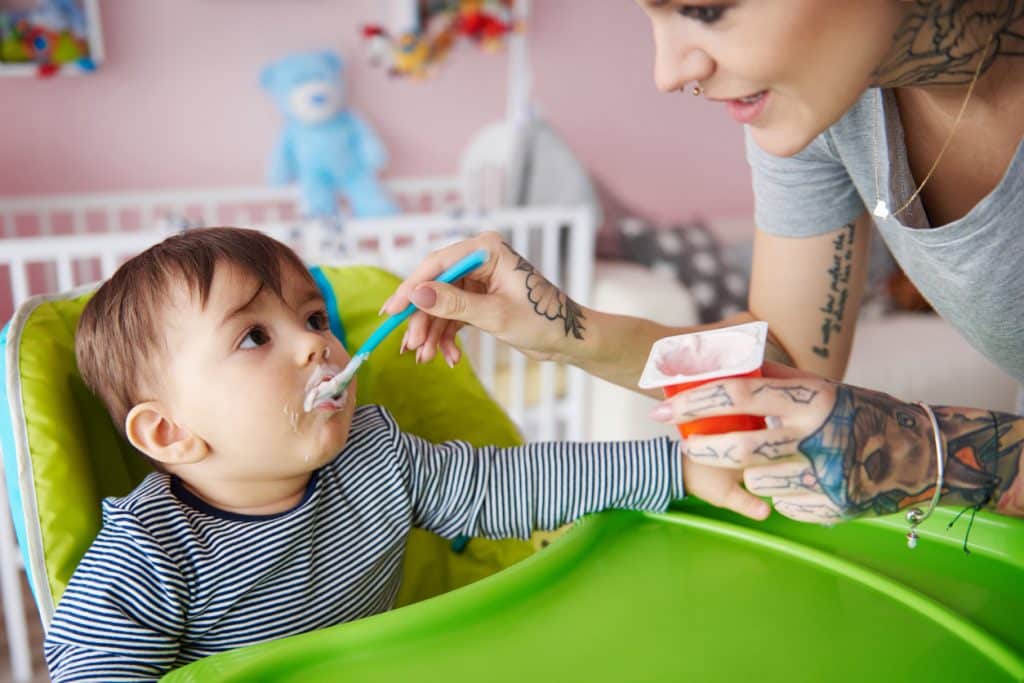

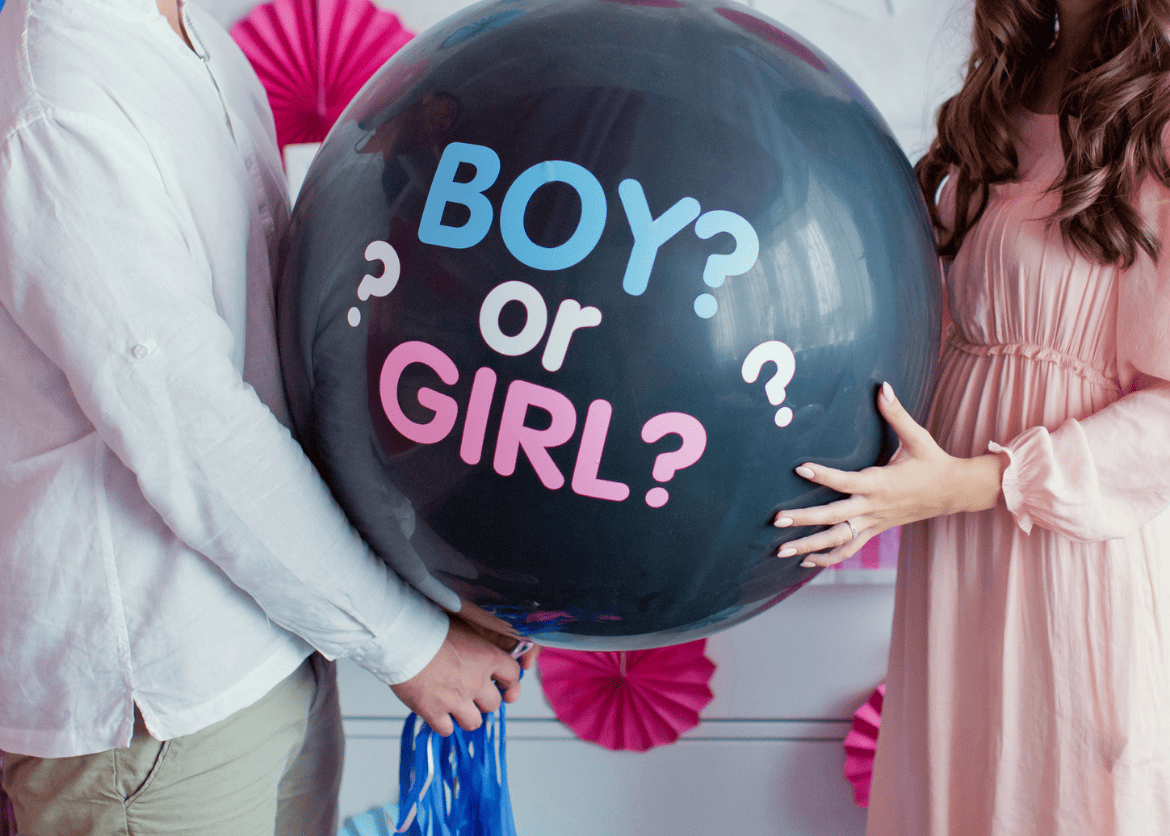


 BABY CARE
BABY CARE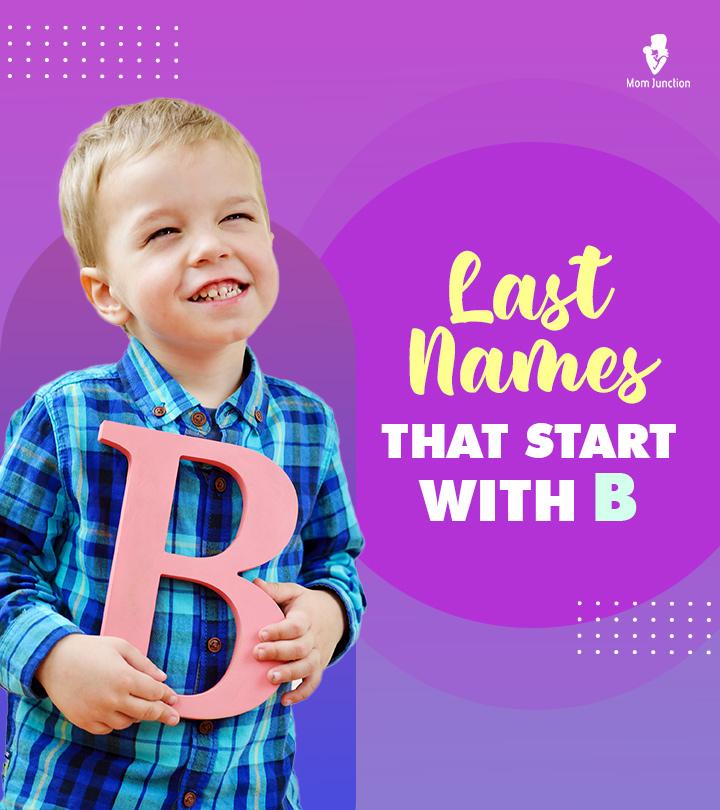


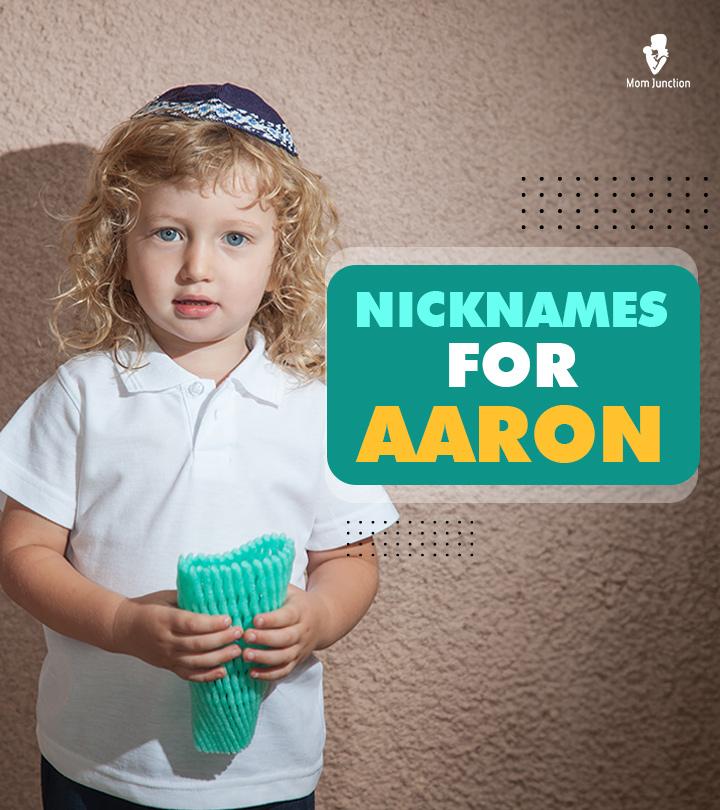

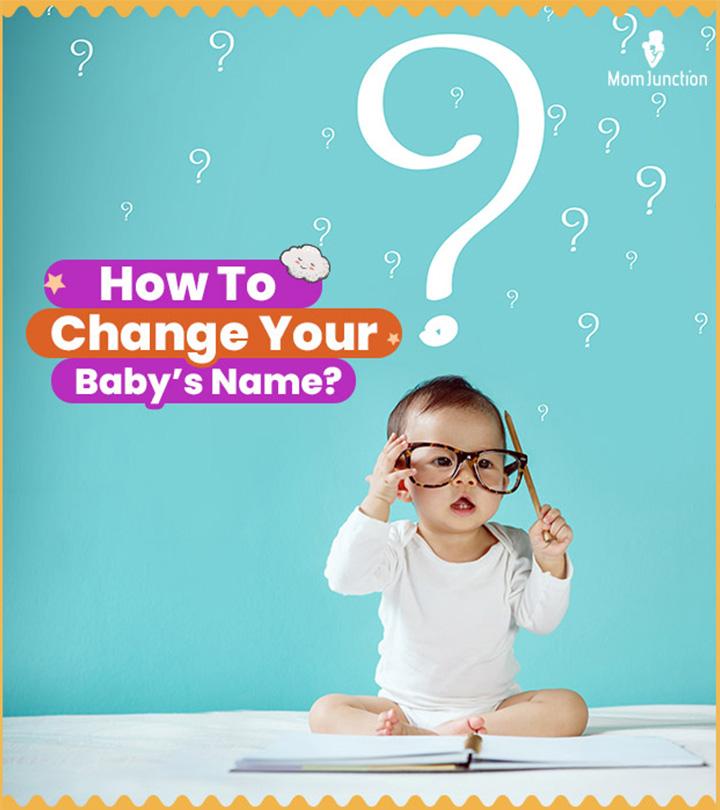


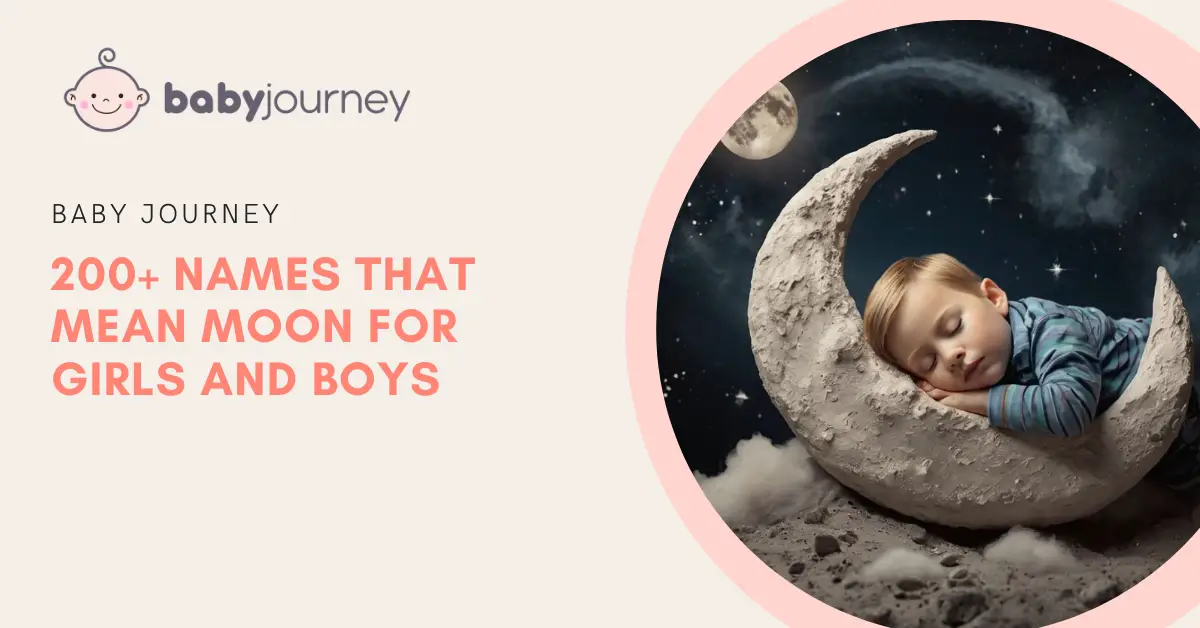
 TODDLERS
TODDLERS








 TEENS
TEENS








 HEALTH CARE
HEALTH CARE

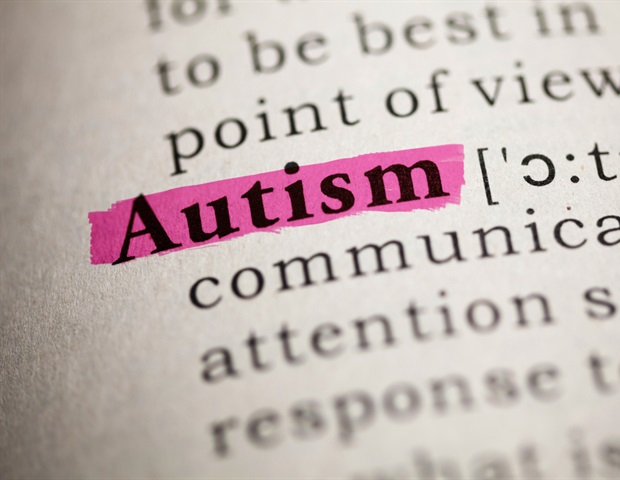





 ACTIVITIES & CRAFTS
ACTIVITIES & CRAFTS








 CONTACT
CONTACT ABOUT
ABOUT




